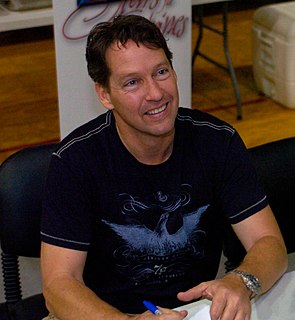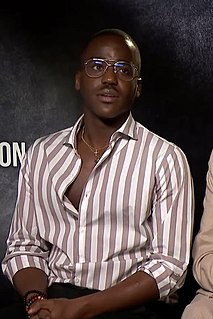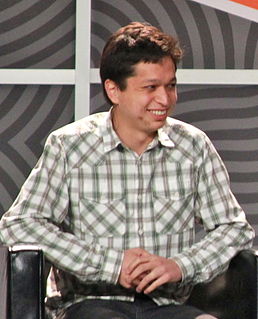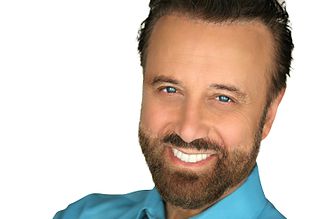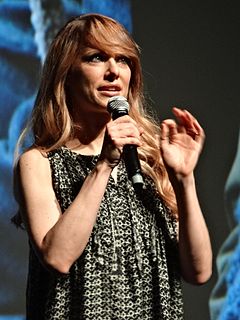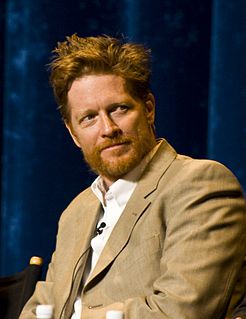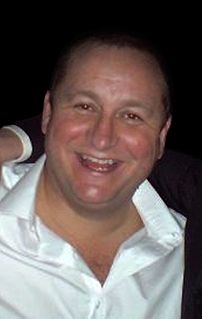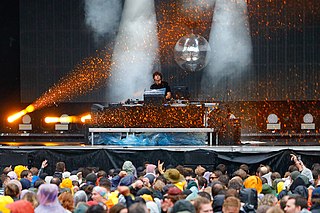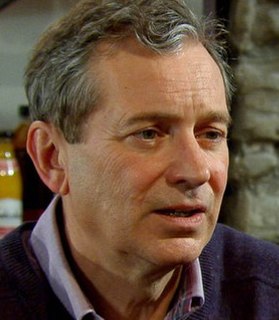A Quote by D. B. Sweeney
I like hanging around the set and learning how people do things, how the set runs.
Related Quotes
I really believe that the raw ingredient of any creative business is the set of experiences that the team has, the set of skills. I think a simple fact is that if you have a different set of experiences based on how you grew up or how other people perceive you, or if you have a different set of skills, that will produce a better company.
Noah Baumbach does more takes than any director I've ever worked with. He runs a very quiet set and he runs a very hard working set. He has such an intense level of dedication to what's happening that he cultivates a group of people around him who have an equal level of dedication. Nobody asks, "When is lunch?" That's just not part of our sets. It's complete immersion. He has a 'no cell phone' rule. Nobody checks their cell phone. Nobody reads on set. It's like, "If you're there, you're there. If you're not on board with that, don't work on this movie."
I definitely isolate, but I also always have people in front of me, and I have to be OK with that. I'm in a business where, on the set, you're around two hundred people every day, and if you're high on the call sheet, you sort of set the tone for the set. And you want people to feel appreciated, and you want to ask them how their kids are. You want to talk to people and invest in them and let them know that they're appreciated and heard. But then I do like to just kind of withdraw.
The women's movement gave me a set of tools to think about things like my body and how people react to me and the way that my dating life was going. It's a very practical movement - yes, it's about issues like how we can get more women MPs elected, but it's also about how feminism affects things like your relationship.
